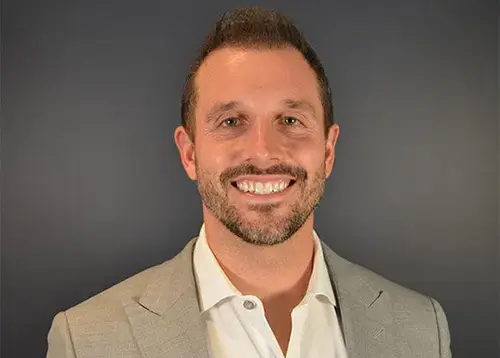What If I Already Gave Away My Assets? Medicaid Mistakes You Can Still Recover From
Gifting your home or savings may seem generous—but if you need long-term care, that decision can cost you. Here’s what to do if it’s already done.

Founder / Attorney

Michael L. RutkowskiApril 1, 2025
Life is unpredictable, and while we hope for the best, preparing for the unexpected is crucial. If you become incapacitated due to an illness, accident, or age-related decline and don’t have an estate plan in place, your loved ones may face significant legal and financial hurdles in managing your care and finances.
Without the proper documents, your family could:
To ensure your wishes are honored and your loved ones are protected, consider these key estate planning documents:
✔ Durable Power of Attorney – Allows a trusted individual to handle financial matters if you are unable to.
✔ Healthcare Power of Attorney – Authorizes someone to make medical decisions on your behalf if you become incapacitated.
✔ Living Will – Outlines your preferences for medical treatments, such as life support, in case you cannot communicate your wishes.
✔ Revocable Living Trust – Ensures that your assets are managed by a designated trustee according to your instructions, avoiding court involvement.
✔ HIPAA Authorization – Gives your family or trusted individuals access to your medical records so they can make informed decisions about your care.
At Rutkowski Law Firm, we help individuals and families prepare for the unexpected with personalized estate plans designed to protect their wishes and loved ones. Don’t leave important decisions to the courts—ensure your family is prepared.
Ready to put the right protections in place? Schedule a consultation today.
Estate Planning is an essential process that will protect your assets and ensure you’re your estate is distributed according to your wishes after your death.
Many people make mistakes when creating their estate plan, which can lead to unnecessary stress, confusion, and costly legal battles for their loved ones. Below, our estate planning team put together the top 10 and most common mistakes we see in estate planning.

Gifting your home or savings may seem generous—but if you need long-term care, that decision can cost you. Here’s what to do if it’s already done.

Founder / Attorney
That generous gift may feel right in the moment. But without a plan, it could cost you—and your kids—much more than you think.

Founder / Attorney
Protect your home with proactive medicaid planning to avoid costly Medicaid Estate Recovery with smart legal strategies before long-term care is needed.

Founder / Attorney